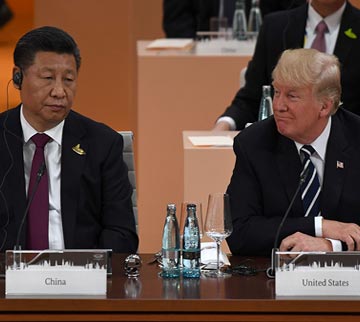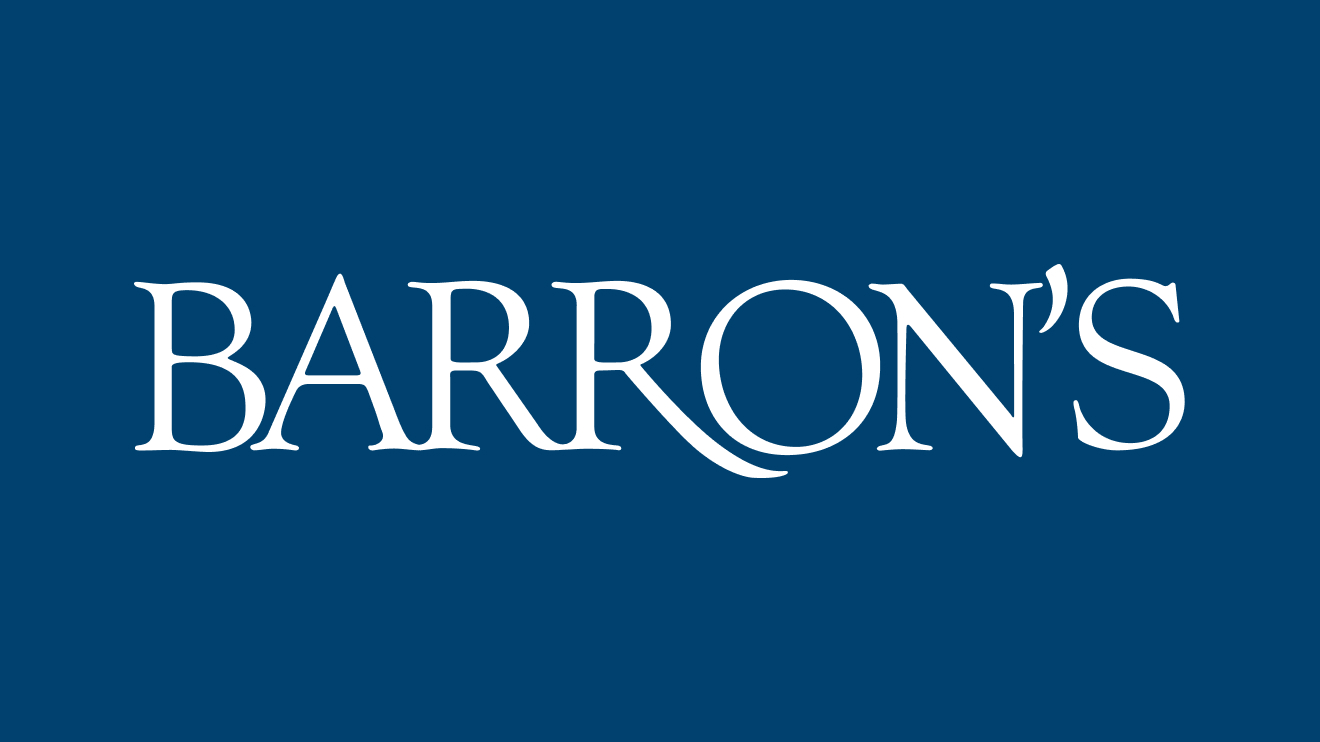Image Source: Getty
Tensions between the United States (US) and China have increased following the renewed push for technology curbs by the Joe Biden administration and Trump’s threat of tariffs upon returning to power. Chinese strategists see bleak prospects ahead for Sino-US relations.
The Biden administration expanded technology controls in semiconductors, adding 140 Chinese entities to a trade blacklist. The new rules target the ancillary ecosystem in semiconductor manufacturing and chip-making equipment and designing software. The US government has also clamped down on the export of memory chips used in Artificial Intelligence (AI) applications. The new regulations cover items produced abroad with the help of US technology and are likely to impact companies based in South Korea, Taiwan, and Singapore in addition to China. On the blacklist are private equity firms that have invested in developing China’s technology sector too. These firms were seen as aiding China’s bid to indigenise entities with sensitive manufacturing capability for semiconductors critical to the “defence industrial bases” of America and its allies. The new rules build on earlier plans devised by the Biden administration during the last three years to limit China’s access to sensitive technology.
The new regulations cover items produced abroad with the help of US technology and are likely to impact companies based in South Korea, Taiwan, and Singapore in addition to China.
In addition to the curbs on advanced knowledge by the incumbent administration, President-elect Trump announced his intention to levy tariffs on China, Mexico, and Canada to compel them to act against illegal immigration and contraband smuggling into the US.
Zhang Zhixin from the China Institute of Contemporary International Relations argues that, since Trump’s first term in office, the US’ disdain towards China’s rise has grown, and consequently, efforts have been made to contain it. Zhang gauges that China’s rise has led the US strategic community to demonstrate “extreme toughness” towards China, and any form of conciliation and outreach for cooperation is seen as “politically incorrect” and “displaying weakness”. He posits that the “China threat theory” is being propped up by vested interests, since the military-production establishment gains from an escalation of the arms race in Asia.
Shi Guannan, from the Institute of American Studies at the China Institutes of Contemporary International Relations, assesses that the Biden administration is pursuing an approach of maintaining communication with China while also making efforts to contain it. This assessment is in contrast with the perception of America’s new leadership. Shi gauges that Trump’s nominees for diplomatic and national security portfolios adhere to the motto of “America First”, and are biased against China. Su Liuqiang, from the Center for American Studies of the Shanghai Institutes for International Studies, argues that, during his first term, Trump had to appoint Republican veterans since he lacked his own team. Su posits that in this term Trump has assigned “non-mainstream” politicians to key Cabinet posts while abandoning Mike Pompeo, Secretary of State in Trump 1.0, and Nikki Haley, US Ambassador to the United Nations since they are not high in the loyalty quotient. Su assesses that the outcome of the Cabinet composition under Trump 2.0 could increase governance capacity but might also run the risk of creating an echo chamber for policy.
The Trump administration could significantly raise tariffs, revoke the most-favoured nation status, and provoke a fresh battle in the Sino-US trade war.
Chinese strategists fear that Trump raised the issue of America’s trade deficit, and China’s “unfair” trade practices. The Trump administration could significantly raise tariffs, revoke the most-favoured nation status, and provoke a fresh battle in the Sino-US trade war. In the field of science and technology, there is apprehension that the US under Trump could increase its technological containment of China, and even fast-track “technological decoupling” between the two nations. This prognosis comes on the back of Trump 1.0 imposing restrictions on Chinese majors like Huawei’s access to technology. Beijing perceives a policy continuity in Washington.
While Chinese strategists acknowledge that the Biden administration has bolstered export controls on China in areas like artificial intelligence and semiconductors, there is an anticipation that Trump 2.0 will have a whole-of-government approach against China in the technology war with an increasing intensity of sanctions.
Trump’s assessment of Beijing is also tinted by a view that Xi Jinping’s mismanagement of the COVID-19 outbreak led to Trump’s defeat in the 2020 Presidential election. Chinese academics also feel this perceived animus may translate into a difficult relationship in his current term since the US could revive its campaign on “COVID-19 origin tracing”. In 2020, Australia sought to rally support for an international inquiry into the origins of the coronavirus pandemic, following which China responded with a boycott of Canberra’s imports.
There is also a trepidation regarding Taiwan. During his first term, Trump talked directly with Taiwanese President Tsai Ing-wen, upending the US diplomatic convention set in the 1970s when Washington switched recognition to Beijing from Taipei. The Trump administration also pushed weapons packages to Taipei. Now, there are fresh worries in Zhongnanhai that, with Mike Waltz and Marco Rubio being pencilled in for the roles of National Security Advisor and Secretary of State respectively, Washington’s policy on Taiwan may change from “strategic ambiguity” to “strategic clarity”.
Trump’s assessment of Beijing is also tinted by a view that Xi Jinping’s mismanagement of the COVID-19 outbreak led to Trump’s defeat in the 2020 Presidential election.
The Chinese appraisal of Trump’s “America First” credo is at loggerheads with the essence of the US alliance system. There is a feeling that while Biden made a renewed outreach to America’s “estranged” allies, Trump views them as “burdens”, and hence may seek to restructure the US alliance system. Chinese strategists also foresee a re-evaluation of American priorities under Trump with respect to Ukraine, which may put Europe under greater strain in its efforts to support Kyiv. At the same time, Trump’s return could spark the electoral victories of right-wing leaders in Europe, which may lead to friction between Brussels and Washington, predict Chinese strategists.
There is a belief that the views of the new American elite may have a profound impact on economic engagement and scientific cooperation, affecting the overall health of Sino-American relations. Beijing also fears that the appointment of hardliners on China in Trump 2.0 may reopen geopolitical faultlines.
Kalpit A Mankikar is a Fellow with the Strategic Studies programme at the Observer Research Foundation
The views expressed above belong to the author(s). ORF research and analyses now available on Telegram! Click here to access our curated content — blogs, longforms and interviews.


